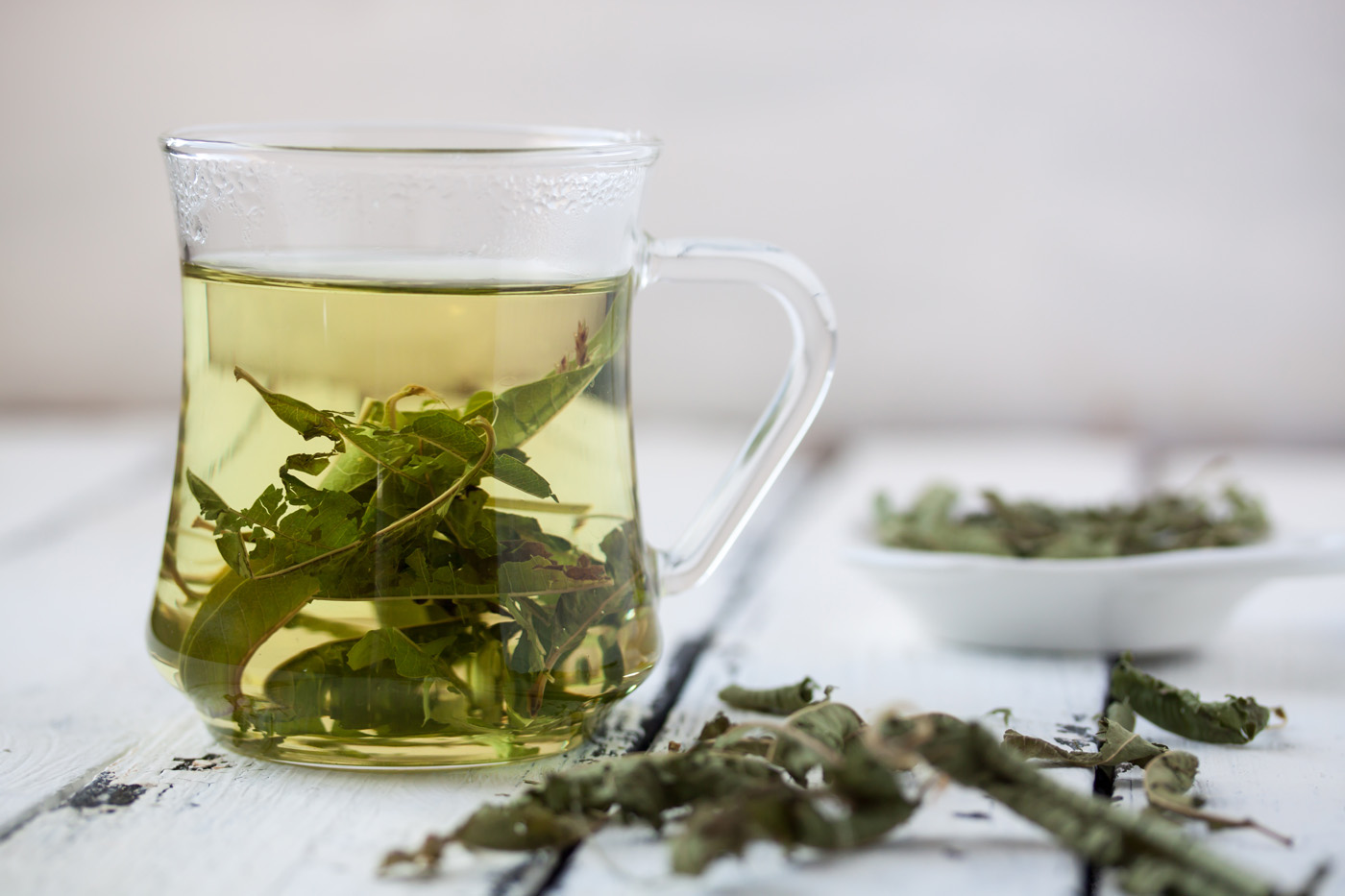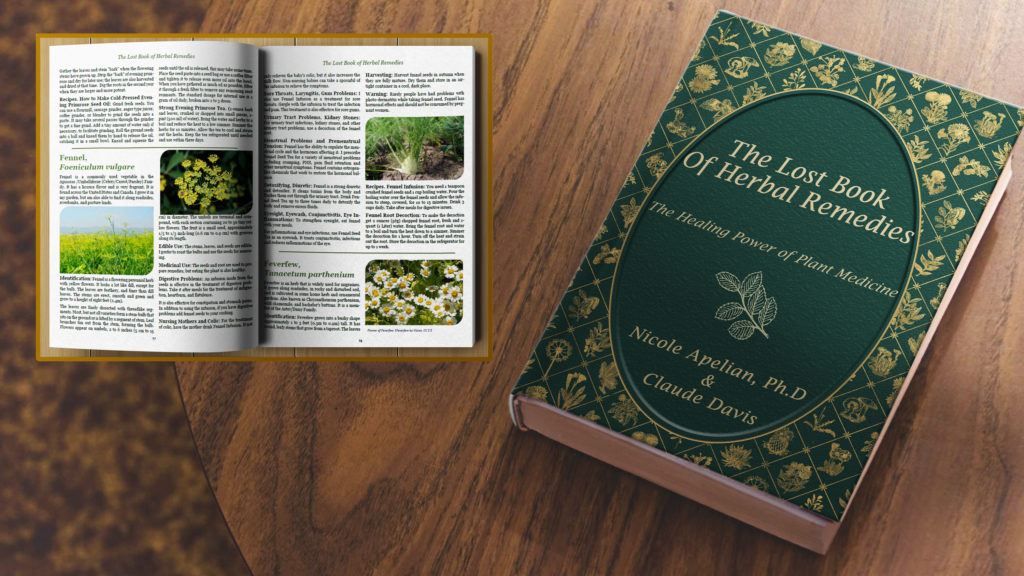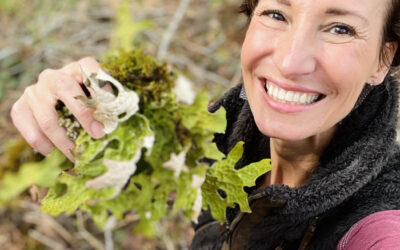Lemon Balm: A Dose of Calm in an Uncertain World
Delightfully fragrant with a fresh, citrusy scent, lemon balm is one of my favorite go-to natural remedies when I need a little extra something to soothe my mind, body, and spirit. It makes a comforting hot infusion during the brisk days of autumn and winter, and a refreshing iced tea throughout the dog days of summer.
Not only does lemon balm calm a restless mind and body, it improves cognitive function in those with Alzheimer’s Disease and dementia as well. This herb also relieves PMS symptoms, protects the heart and liver, reduces inflammation, and fights cancer. It’s truly an all-around, health promoting powerhouse. And that’s just the beginning.
Basic Identification
With shiny, heart-shaped leaves that have scalloped edges and a crinkled surface, lemon balm is similar in appearance to mint or catnip. The intense lemony scent that’s released when the leaves are crushed is what distinguishes this particular plant. Lemon balm is easy to cultivate and can reach up to 3 feet (0.9m) in height. The small flowers usually range from white to yellow but can also bloom in purple or pink.
Where Does It Grow?
Native to the Mediterranean and Central Asia, lemon balm is also naturalized in North America. It’s an easy perennial to grow in your garden.
Edible Uses
Often enjoyed as a tea, fresh lemon balm leaves can be used as a flavoring for herbal syrups and vinegars as well. Toss chopped, fresh leaves with salad or add to baked goods like scones and muffins.
Soothing Lemon Balm Tea: Use 1 tablespoon fresh chopped leaves or 1 teaspoon dried leaves per cup of boiling water. Cover and infuse for five minutes. Strain before enjoying.
Medicinal Uses
Lemon balm is a powerful medicinal herb and the leaves can be utilized as a tea, herbal extract, oil, or ointment.
Here are my top 3 uses for lemon balm:
- Relieves Anxiety and Insomnia: Lemon balm is most famously known for easing anxiety and promoting sound sleep. It relaxes the body and mind, improves mood, and can boost intellectual performance in both children and adults. The medicinal properties of lemon balm are amplified when combined with valerian for sleep disorders. The herb also helps with ADHD and mild cases of depression.
- Calms and Clarifies the Mind: Encouraging a positive outlook and increasing mental alertness, lemon balm soothes the mind and promotes clarity of thought.
- Antiviral Help for Herpes, Cold Sores, and Shingles: Lemon balm is a formidable antiviral agent. It works effectively against herpes and cold sores when applied directly to the skin several times a day as an essential oil or ointment. Taking the tincture internally—as well as applying it topically—helps to relieve shingles.
But that’s not all. There are over 14 medicinal uses for lemon balm in my book, The Lost Book of Herbal Remedies: The Healing Power of Plant Medicine. Detailed harvesting advice for this herb and many other easy to find plants are included. What’s more, it shows you how to make tinctures right in your own home. Nature does indeed provide!
Safety
While generally safe, consult with your healthcare professional before using lemon balm if you are pregnant, breastfeeding, or currently taking medications. Discontinue use if you experience headaches, nausea, bloating, gas, indigestion, dizziness, or allergic reactions. Since the herb can cause excessive drowsiness when combined with medications used for surgery, stop using lemon balm two weeks before a scheduled surgery. Those with thyroid disease should avoid using lemon balm as it can lower thyroid hormone levels and interfere with hormone therapy.
Roll Up Your Sleeves and Do it Yourself?
Are you interested in making your own herbal remedies at home and learning about the many plants, lichens, and mushrooms you can find out your own back door? If so please pick up a copy of my book: "The Lost Book Of Herbal Remedies: The Healing Power of Plant Medicine" today!
Not in Europe or the US? Not a problem, click here to order your copy »






